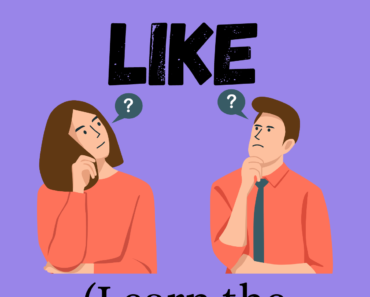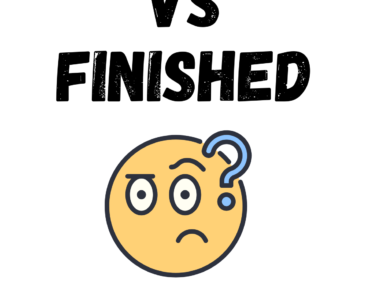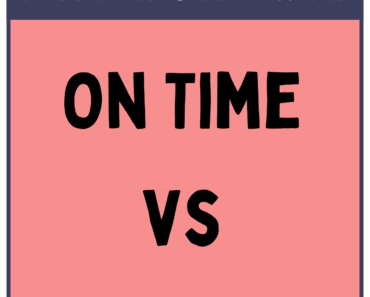When distinguishing between “could” and “should,” we delve into the realms of possibility versus obligation. “Could” refers to what is possible, what one is capable of doing, or what might occur under certain circumstances. In contrast, “should” suggests a recommendation, duty, or an advisable action, often tied to a moral or optimal outcome. Understanding these nuances is crucial as they guide decision-making and convey varying levels of necessity and potential.
Could
Definition:
“Could” is the past tense of “can,” used to indicate possibility or past ability. It is also used conditionally to suggest hypothetical scenarios.
Usage and Examples:
- Possibility: “Could” is used to suggest that something is possible or might happen.
- Example: “I could go to the movies tonight if I finish my work early.”
- Past Ability: It often indicates an ability someone had in the past but no longer has.
- Example: “When I was younger, I could run five miles without stopping.”
- Polite Requests: “Could” is also used to make polite requests.
- Example: “Could you please help me with this report?”
Should
Definition:
“Should” is used to indicate obligation, duty, or correctness, often suggesting that there is a good or logical reason to perform the act.
Usage and Examples:
- Advice or Recommendation: “Should” often expresses what is advisable or recommended.
- Example: “You should take an umbrella today; it might rain.”
- Expectation: It can express something expected or anticipated.
- Example: “They should arrive by noon if they left on time.”
- Obligation: It can also express a moral obligation or duty.
- Example: “You should apologize for your mistake.”







